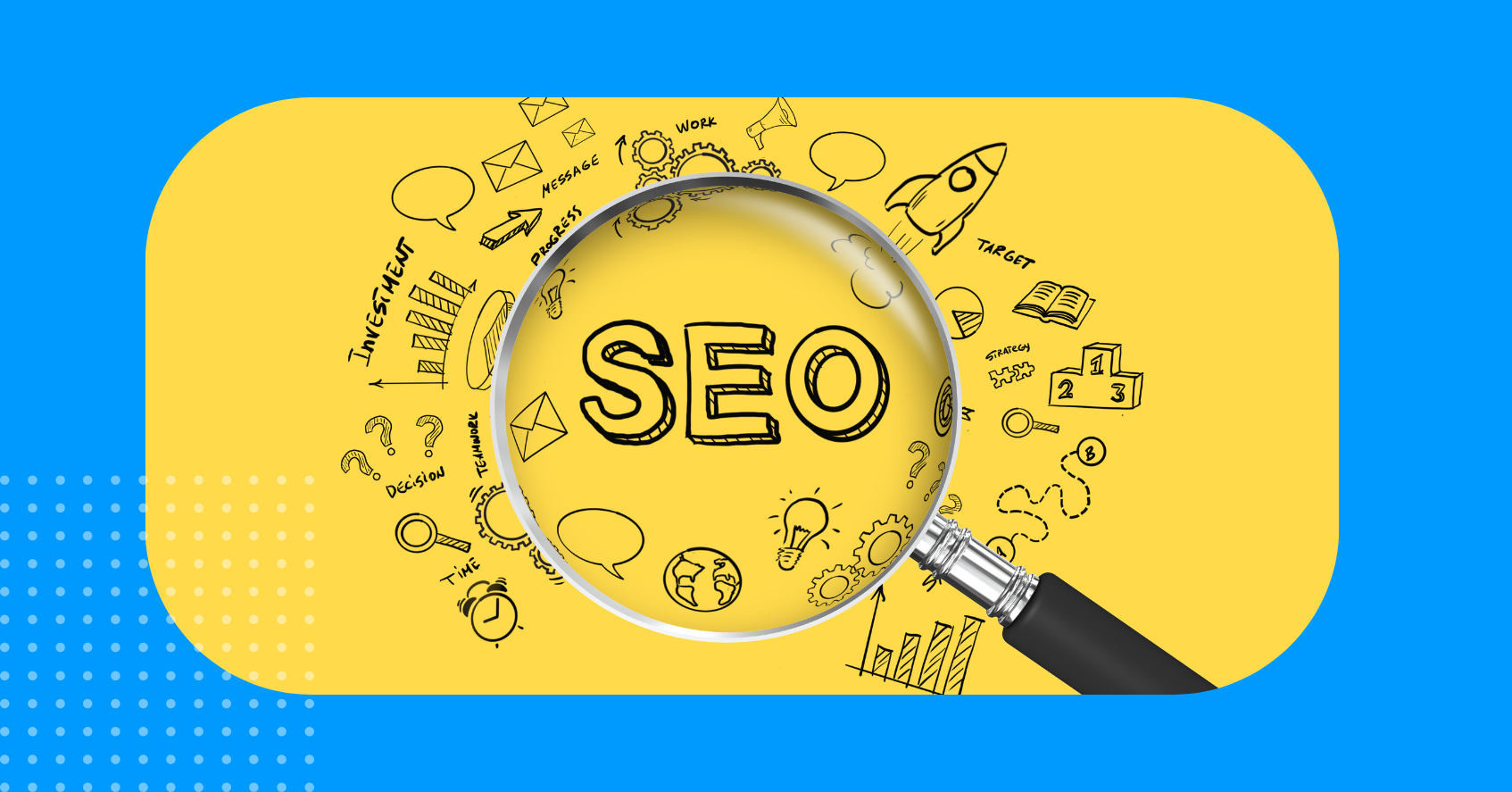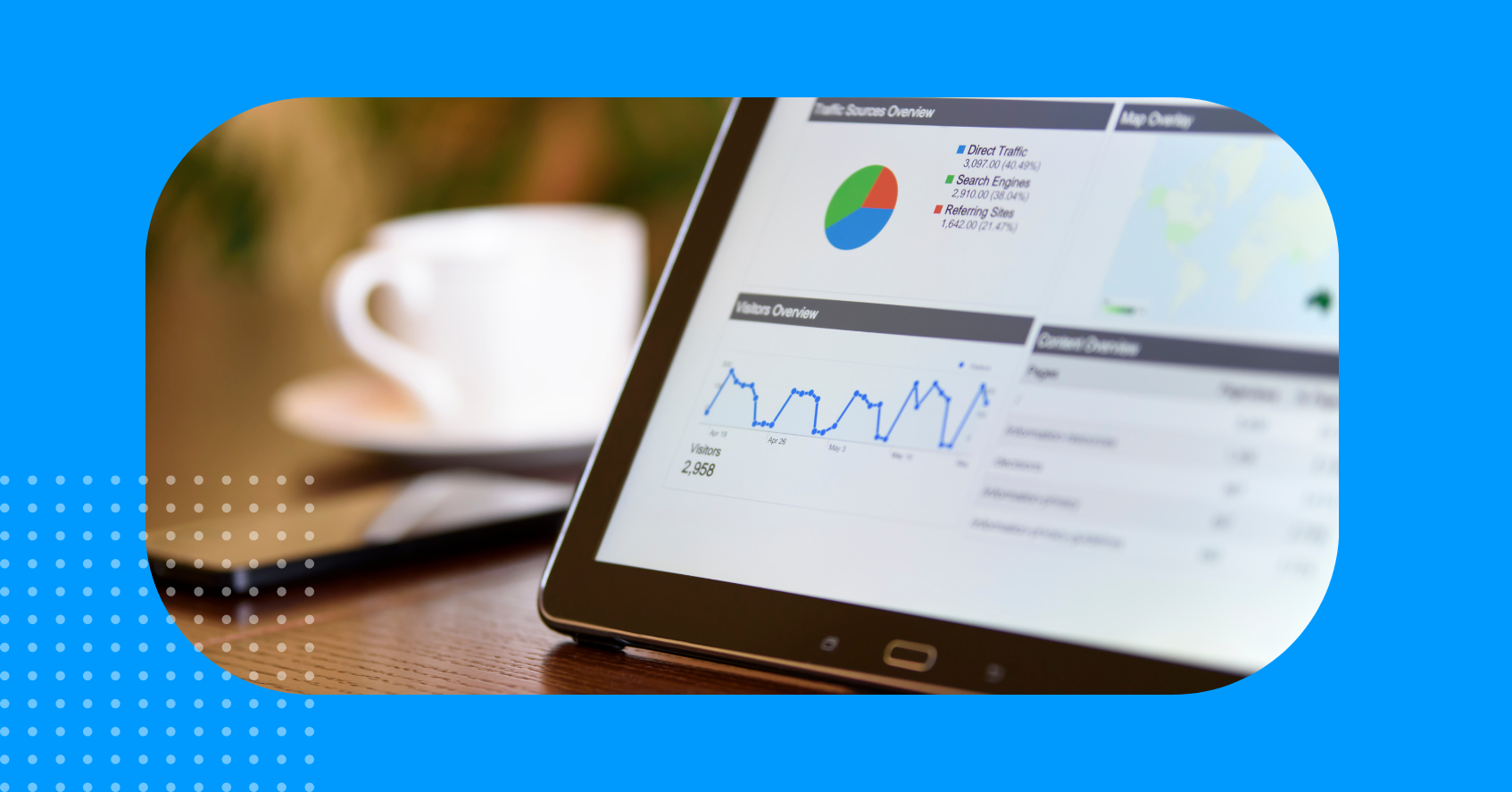How to Market My Website

- 26th May, 2024
In the digital age, effective website marketing is crucial for establishing and enhancing online visibility and driving business growth. This guide explores the multiple ways to promote your website, covering essential strategies from search engine optimisation (SEO) to social media engagement and beyond.
SEO (Search Engine Optimisation)
Pros:
- Long-term Value: Once established, SEO can drive consistent traffic to your site without the ongoing costs associated with paid advertising.
- Credibility and Trust: Websites that rank high on search engine results pages (SERPs) are often perceived as more credible and authoritative.
- Cost-effective: Apart from the initial investment in SEO tactics and possibly hiring a specialist, it’s a relatively low-cost approach compared to paid ads.
- Intentional Targeting: You can target keywords for customers in your niche looking to buy now!
Cons:
- Time-consuming: It can take several months to see significant results from SEO efforts.
- Constantly Evolving: SEO tactics must evolve in response to changes in search engine algorithms, requiring continuous learning and adaptation.
- No Guarantees: High rankings can never be guaranteed, as competitors are also optimizing their sites and search algorithms are always changing.
Best for: Content-heavy industries like news, blogs, education, and niche e-commerce. Also ideal for local businesses such as clinics, law firms, and restaurants that benefit from local search.
Google Ads
Pros:
- Immediate Results: Ads start showing as soon as the campaign goes live, driving instant traffic to your website.
- Highly Targeted: Allows for detailed targeting based on geography, demographics, behaviour, and more.
- Measurable: Every aspect of the campaign can be measured, from the number of clicks to conversions.
Cons:
- Cost: Can be expensive, especially in competitive sectors. Costs are ongoing; once you stop spending, your visibility disappears.
- Complexity: Requires a good understanding of how paid search works and constant optimisation to ensure ROI.
- Ad Blindness: Some users have become adept at ignoring ads, potentially reducing effectiveness over time.
Best for: Useful for new businesses needing quick visibility and any company with short-term promotional campaigns.
Facebook Ads
Pros:
- Granular Targeting: Facebook’s advertising platform allows for extremely precise targeting based on demographics, interests, behaviours, and more.
- Large Audience: Facebook has a vast user base, offering access to a diverse range of potential customers worldwide.
- Variety of Ad Formats: Supports a wide range of ad formats, including video, image, carousel, slideshow, and more, which can be tailored to the type of engagement you want.
Cons:
- Ad Fatigue: Users can quickly get tired of seeing the same ads, necessitating frequent creative updates.
- Privacy Concerns: Increasing scrutiny on data privacy means changes in targeting capabilities and possibly reduced effectiveness.
- Competition: High levels of competition can increase costs, especially in popular categories.
Best for: Businesses of all sizes that aim to increase brand awareness, e-commerce businesses, local businesses looking to drive foot traffic, and companies aiming to generate leads.
Social Media Marketing
Pros:
- Engagement: Allows direct interaction with your audience, building relationships and loyalty.
- Brand Awareness: Great for increasing visibility and establishing your brand’s personality.
- Targeted Reach: Advanced targeting options similar to those of Google Ads, but with a focus on interests and behaviours.
Cons:
- Time-Intensive: Requires consistent effort in creating content, engaging with followers, and managing communities.
- ROI Measurement: It can be challenging to measure the direct return on investment from social media efforts.
- Crisis Management: Negative comments or a PR mishap can spread quickly and damage your brand.
Best for: Lifestyle brands, fashion, travel, and food industries which can leverage visual content. Also effective for tech companies, entertainment-related businesses, and any brand aiming to build a community around its products or services.
Email Marketing
Pros:
- Cost-effective: Among the most cost-effective marketing strategies with a high ROI for every pound spent.
- Direct Communication: Allows for personalised communication with your audience, delivering targeted messages directly to their inboxes.
- Customer Retention: Excellent for keeping customers informed and engaged, helping to increase retention.
Cons:
- Spam Filters: Emails can often end up in spam folders, reducing visibility.
- Design Issues: Requires attractive and mobile-friendly designs to ensure high open and click-through rates.
- List Maintenance: Requires ongoing efforts to grow and maintain a clean list of subscribers.
Best for: E-commerce sites to promote repeat purchases, businesses with a strong content strategy like newsletters, and service-based industries such as finance or education for providing ongoing value through updates and tips.
Conclusion
Effective website marketing is about understanding and connecting with your audience, delivering value through your online presence, and constantly refining your approach to stay ahead in the competitive digital arena.
Whilst one marketing channel may be best for your market, another marketing channel may be best for your current time constraints and how many leads you want to generate. The best option would probably be to use a multifaceted approach if you have the available time, and if not, you can always outsource the work if you have the budget!
If you have Google Analytics correctly setup with conversion tracking, you can see which channels currently generate the most conversions (key events). However, bare in mind that some marketing channels take a while to actually generate you results. SEO for instance can take up 3 months to see progress, social media marketing takes time to get followers and engagement, email marketing takes time to get subscribers. So whilst you build these up, you could opt for immediate results with Google Ads and Facebook Ads!
FAQs
How to Market a Website Effectively?
To market your website, employ a combination of SEO, content marketing, social media engagement, and email marketing to attract and retain visitors. Utilise analytics to monitor performance and refine your strategy for increased impact.
How to Boost a Websites Popularity?
Make your website popular by consistently providing high-quality, valuable content that meets your audience’s needs, and promote this content across various online channels, including social media and industry forums.
How to Optimise Your Website for Google?
Market your website on Google by implementing a strong SEO strategy, focusing on keyword research, on-page optimisation, and building authoritative backlinks to improve search rankings.
What Are The Costs of Google Ads?
Google Ads costs vary depending on the competitiveness of your keywords and industry, with businesses setting their budget limits; you pay per click, with prices ranging significantly based on the bidding amount and ad quality.
About us
At Freelance SEO Services, we specialise in providing tailored, results-driven SEO solutions. Based in the UK, our team of dedicated professionals understands the unique challenges and opportunities presented by the digital landscape. We are passionate about helping businesses of all sizes enhance their online visibility, attract more traffic, and drive growth.





